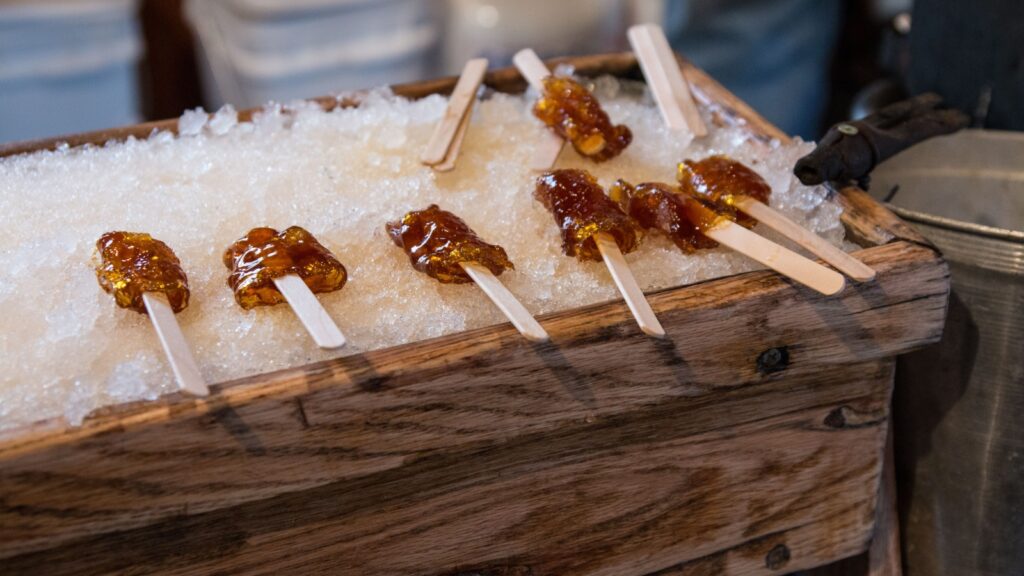While Canada is often praised for its natural beauty and peaceful politics, many of its homegrown traditions are now charming people far beyond its borders. From cozy winter customs to community-first festivals, these Canadian habits reflect a lifestyle that’s thoughtful, inclusive, and quietly revolutionary. Here are 20 Canadian traditions the world is falling in love with:
Toque Season

Canada’s toque is a winter hat and a seasonal rite of passage. As soon as the temperature dips, Canadians reach for their beloved knit caps, whether handmade by a grandparent or branded by a favorite outdoor label. The look has become so iconic that countries with milder winters are now adopting the aesthetic. But in Canada, it’s not just about warmth; it is also about identity, comfort, and quiet resilience. Toques mark the start of cozy gatherings, rinkside chats, and snowy walks home, while around the world, it remains a soft symbol of the Canadian spirit.
Hockey Night in Canada
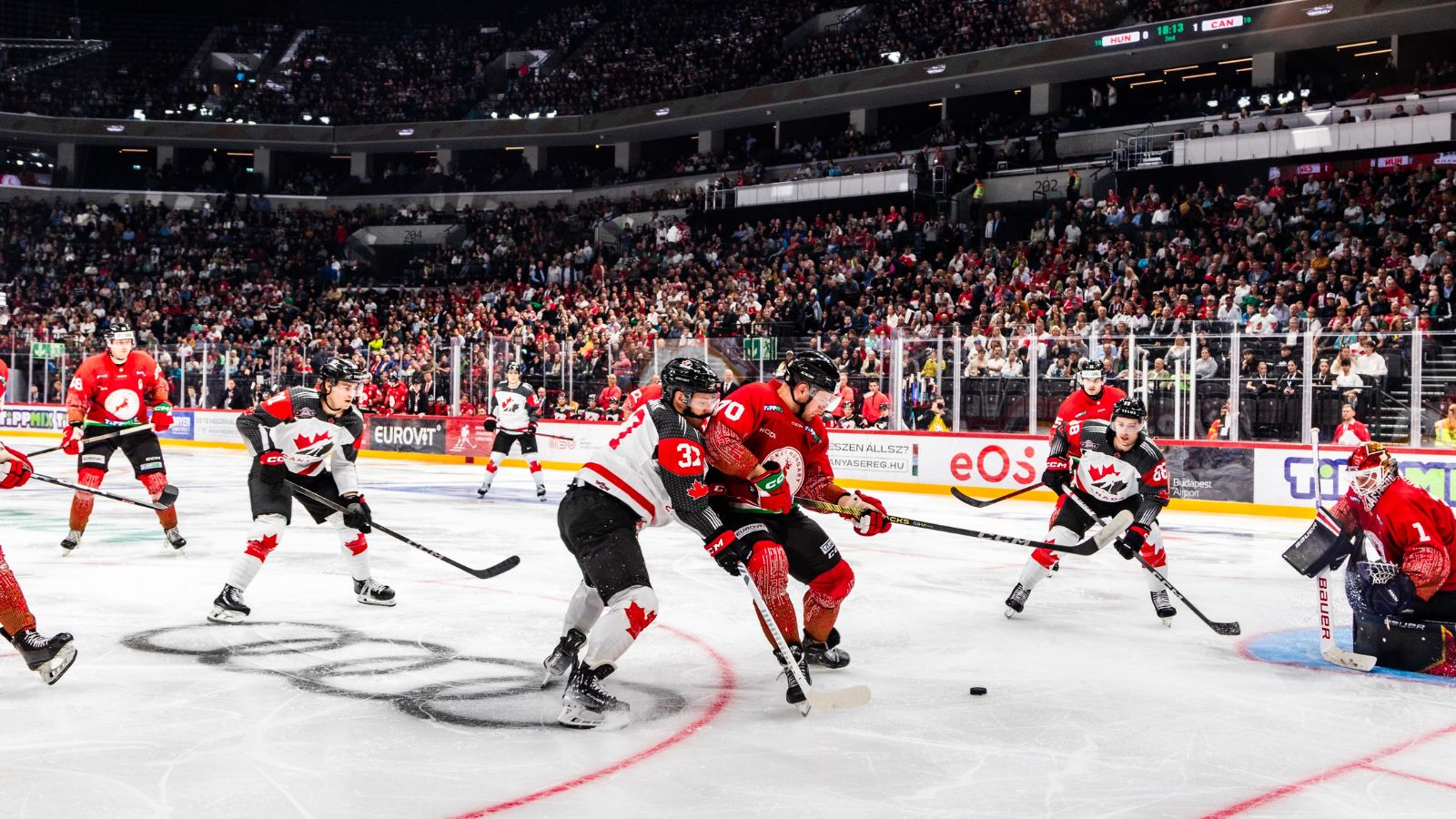
Every Saturday night, families across the country gather around the TV to hear that familiar theme music of “Hockey Night in Canada”, and it is more than just a game. It is a tradition that blends fierce competition with national pride, storytelling, and community. The broadcast has influenced sports coverage worldwide, but what is truly catching on is the Canadian approach to inclusivity and grassroots hockey culture. Other countries are beginning to mirror the commitment to building the sport from the ground up, starting with local rinks, neighborhood leagues, and values that prioritize passion over prestige.
Ice Canoeing

It sounds like a sport from another planet, but ice canoeing, where teams race across chunks of frozen river, is a long-standing winter tradition in Quebec. Dating back to the 1600s, it was once a practical means of navigating the Saint Lawrence River in winter. Today, it is a jaw-dropping spectacle that’s part endurance race, part cultural pride. The annual Carnaval de Québec showcases this extreme activity, and international media cannot get enough of it. As climate-related challenges force a rethink of outdoor sports, this uniquely Canadian tradition is being seen as a model for celebrating heritage in the harshest conditions.
The Apology Culture

Canada’s reputation for politeness often gets distilled into the word sorry. But the tradition of frequent apologies goes deeper than that, and it reflects a national mindset of empathy, humility, and shared space. In everyday life, from bumping into someone on the sidewalk to navigating disagreements at work, Canadians use apologies to keep things smooth and civil. This quiet, conflict-minimizing approach is starting to catch on globally, especially in countries looking to de-escalate polarized environments. The Canadian apology is a gesture of respect, and more people around the world are beginning to see it that way.
Land Acknowledgments
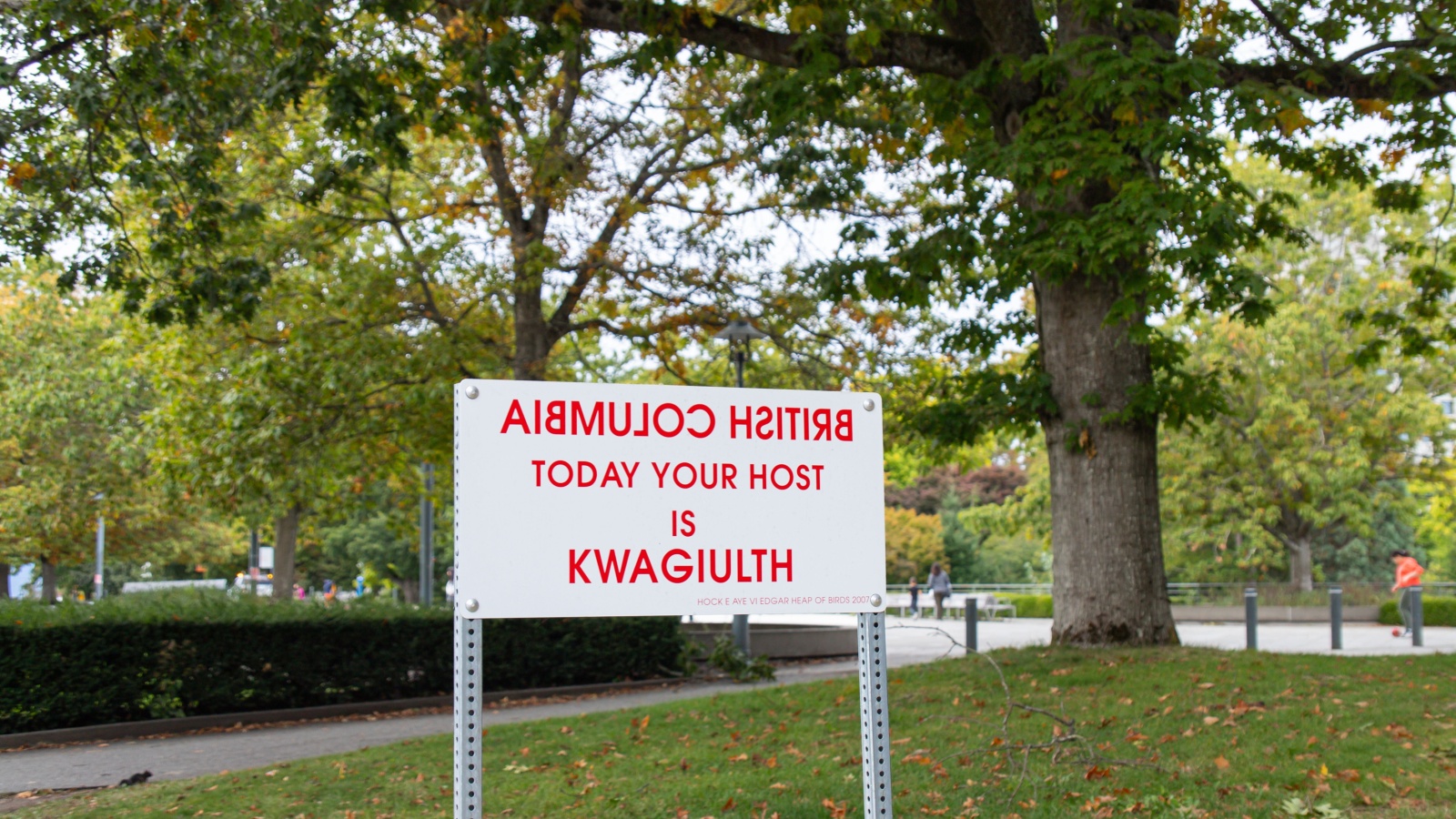
In Canada, many events, whether civic, academic, or cultural, begin with a land acknowledgment that names the Indigenous peoples who have lived on the territory for generations. It is a practice rooted in truth, respect, and a broader effort toward reconciliation. While still evolving within Canada, this tradition is now spreading to other countries seeking ways to address colonial pasts and give voice to Indigenous presence. Universities, museums, and even government offices abroad are following Canada’s lead.
Terry Fox Runs
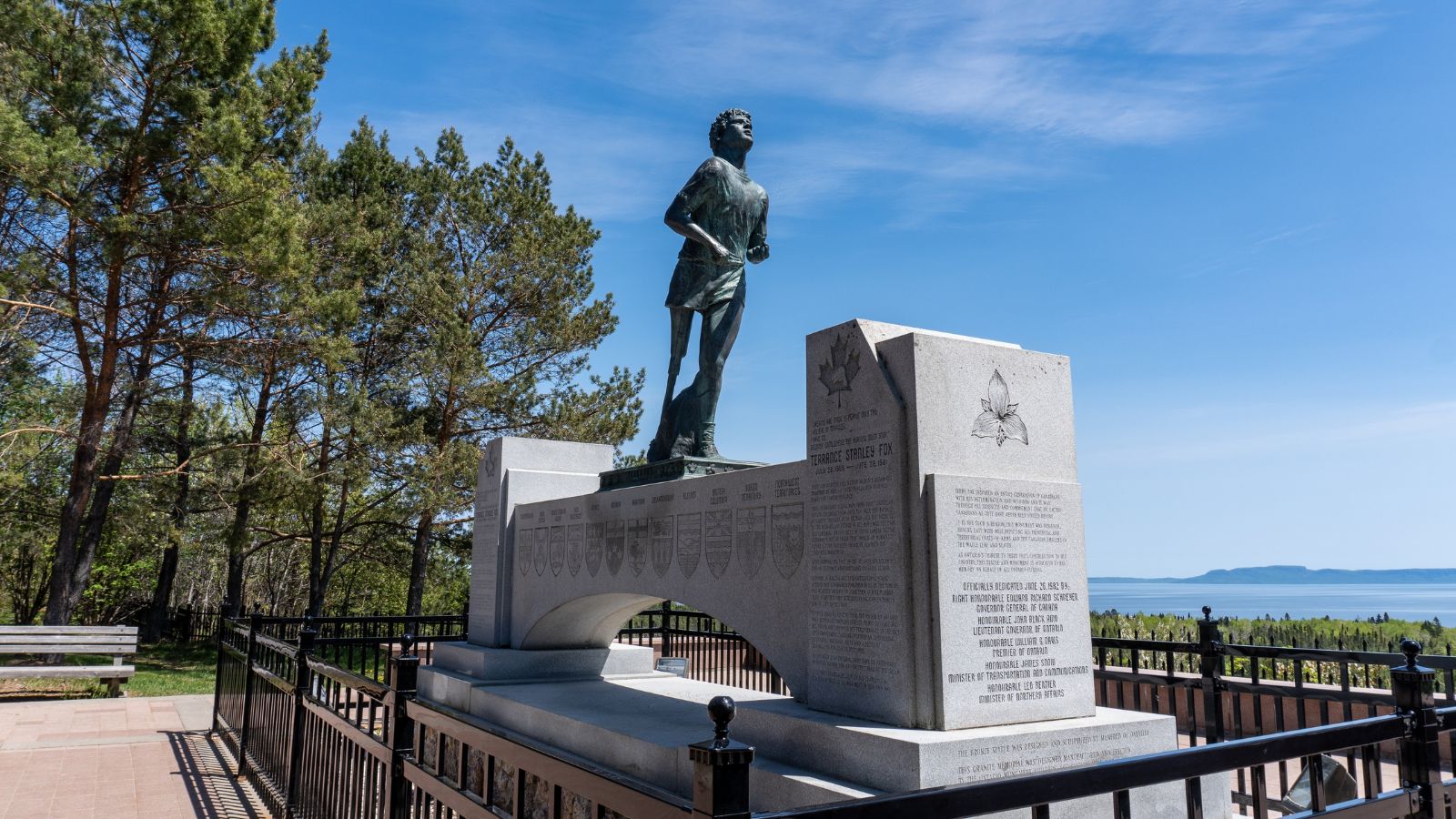
What began as a heartfelt tribute to one young man’s mission has become a global phenomenon. The Terry Fox Run, first held in 1981, honors Terry Fox’s dream of raising money for cancer research after he ran across Canada with a prosthetic leg. Today, over 60 countries host their own runs, inspired by his determination, humility, and courage. The tradition is uniquely Canadian in its grassroots nature, with no entry fees and no prizes, just community and purpose. The world has taken notice, and the Terry Fox Run continues to prove how one Canadian tradition can inspire global hope.
Poutine Obsession

Once a late-night comfort food found mainly in Quebec diners, poutine has become Canada’s most indulgent culinary export. The irresistible combination of crispy fries, squeaky cheese curds, and rich gravy now appears on menus from New York to Seoul. Chefs worldwide have created luxe versions with truffles and foie gras, but it is the original, unpretentious Canadian version that people crave. What began as a humble roadside meal is now a global food trend, reminding the world that comfort, creativity, and a little culinary chaos are always worth embracing.
Winter Carnivals
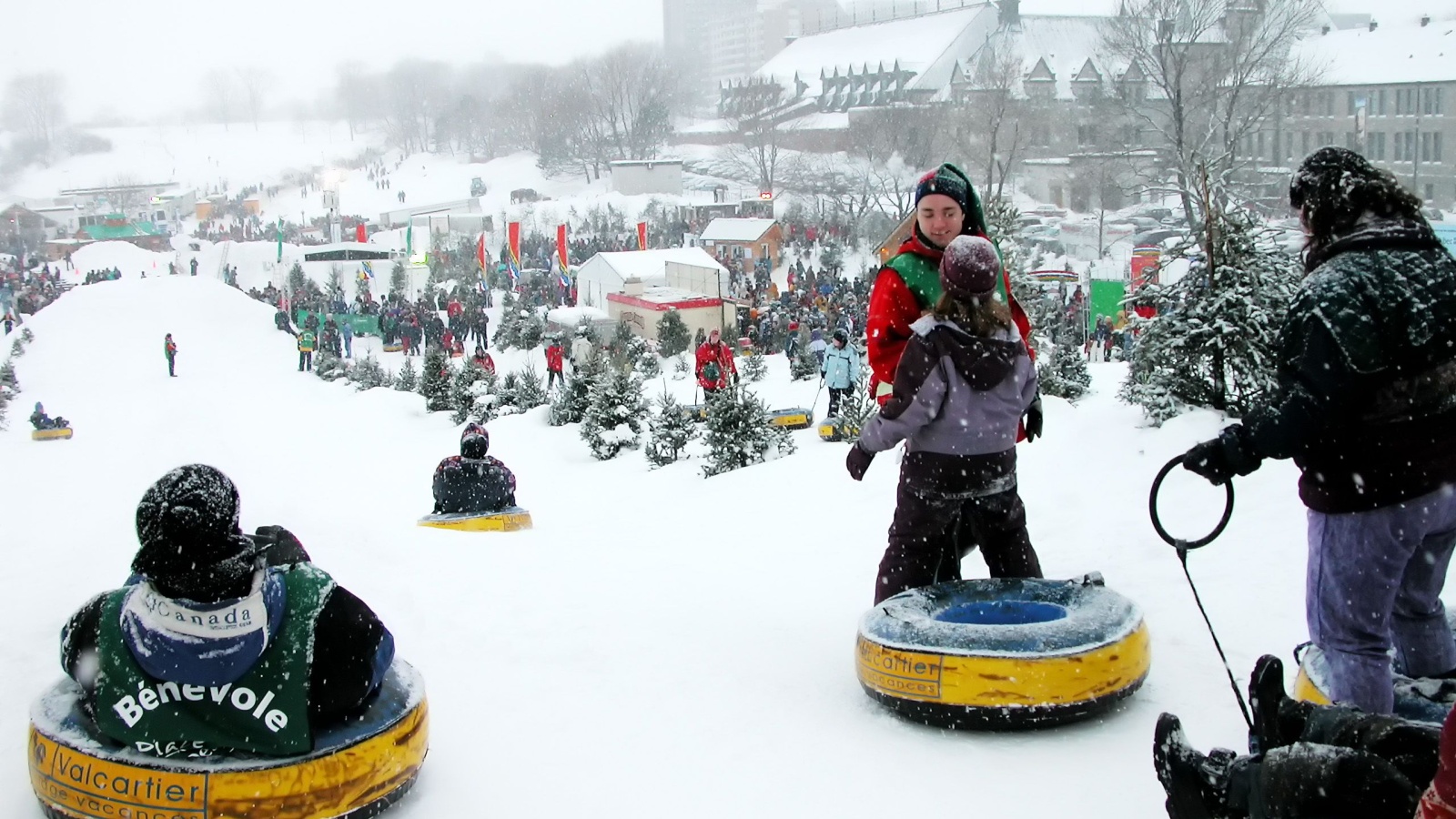
Canadians have a unique response to frigid winters as they celebrate them. From Quebec City’s Carnaval to small-town snow festivals across the country, winter carnivals are packed with outdoor fun, music, and maple treats. These events transform snowy streets into hubs of joy, encouraging locals to get outside and connect. Countries with harsh winters are now adopting the model, realizing that embracing the cold can uplift spirits and tourism. Canada leads the way in making winter bearable and magical, demonstrating that the snowy season is a reason to gather, dance and play.
Two-Four Long Weekend

The Victoria Day long weekend, affectionately dubbed May Two-Four, signals more than a nod to royalty. It is the Canadian kickoff to summer, and its name cleverly references both the date and a 24-pack of beer. Families head to the lake, bonfires crackle, barbecue smoke fills the air, and while many countries have summer holidays, Canada’s version is inspiring imitations abroad. The relaxed, unpretentious vibe, where lawn chairs and fireworks take center stage, embodies Canadian leisure culture, as it marks a moment for reconnecting with nature and each other.
Indigenous Powwows
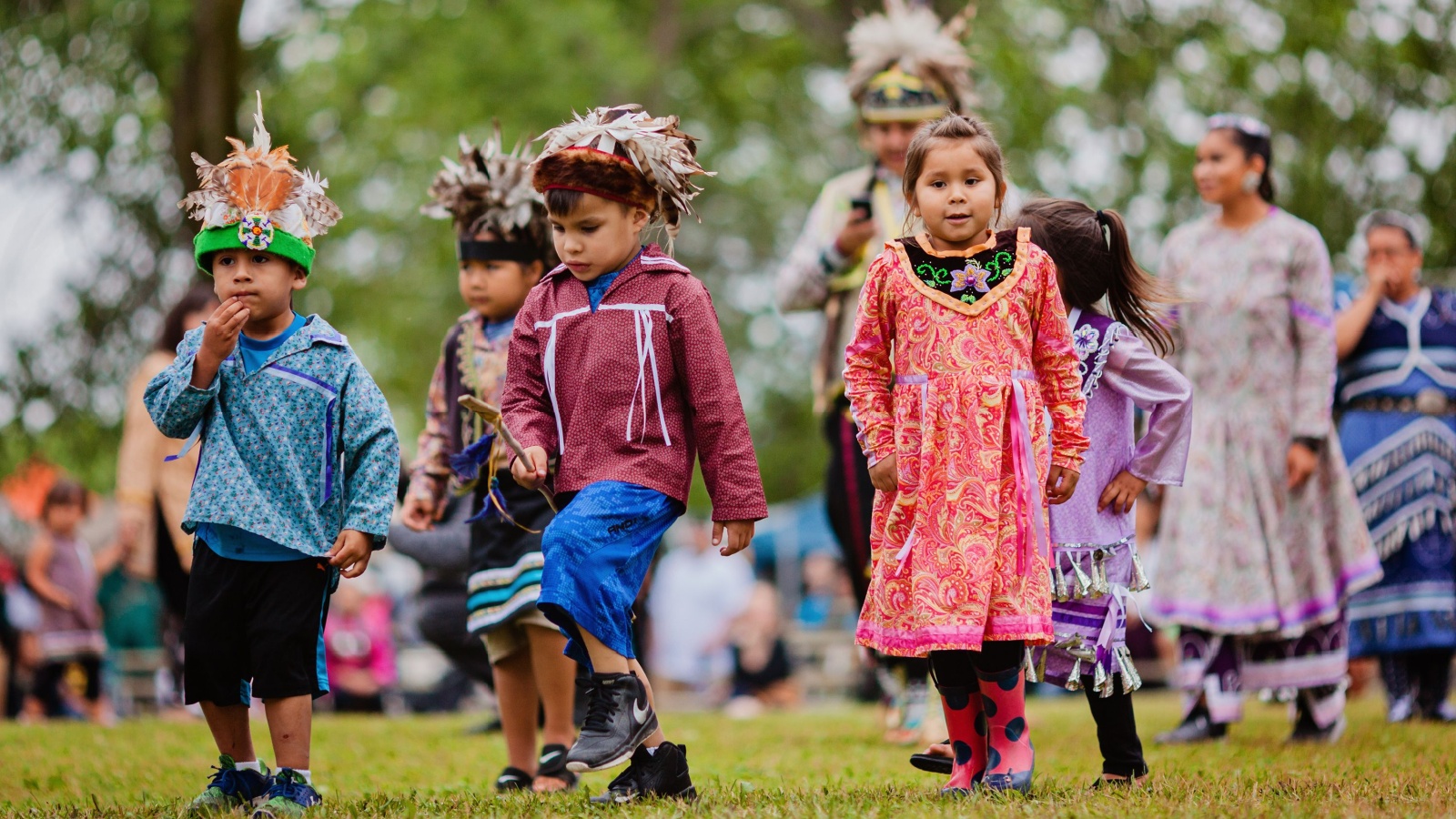
Powwows in Canada are vibrant cultural celebrations where Indigenous communities showcase dance, music, and heritage in welcoming, intergenerational spaces. Open to all, these gatherings are spiritual, joyful, and rooted in deep tradition. As reconciliation efforts grow, powwows have gained more visibility and inspired global interest in honoring Indigenous cultures authentically. International audiences are embracing the model as they are respect-driven, inclusive, and anchored in community storytelling. Canada’s support of powwows as cultural mainstays offers a blueprint for countries seeking to uplift their own Indigenous voices.
Pancake Breakfast Fundraisers
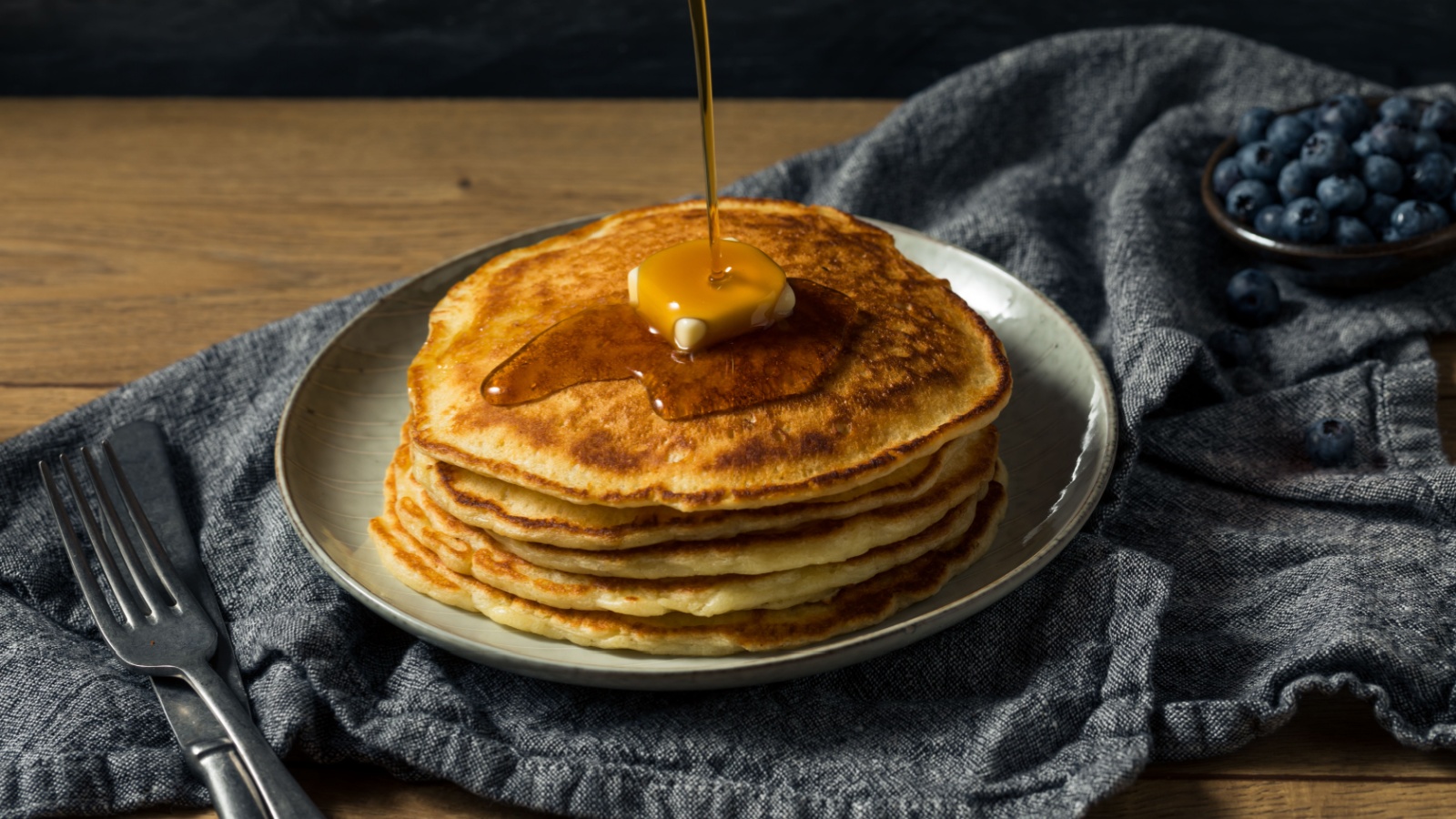
What began as a Western Canadian tradition, especially during events like the Calgary Stampede, has become a beloved way of bringing communities together across the globe. Pancake breakfasts in Canada are often more than just food, but also fundraisers for schools, community centers, and charities. With a warm stack of flapjacks, maple syrup, and coffee, these events combine nourishment and neighborliness. The simplicity and sincerity of this tradition have inspired similar gatherings in countries like Australia and New Zealand.
Community Potluck Suppers

Canada’s multicultural makeup is perfectly expressed through its widespread potluck culture. From coast to coast, Canadians have long embraced the idea of communal meals where each guest brings a dish, often reflective of their heritage. The result is a table that tells the story of a nation and a neighborhood. This low-cost, high-value tradition fosters inclusivity, humility, and culinary curiosity, and in an era of increasing food insecurity and isolation, communities worldwide are adopting this grassroots gathering style to reconnect with one another. Canada’s potlucks are becoming blueprints for building stronger, more delicious communities everywhere.
Outdoor Ice Skating Rinks

Canada has turned the outdoor skating rink into an art form. Whether it is the Rideau Canal Skateway in Ottawa or small-town flooded tennis courts transformed each winter, the country celebrates cold weather by gliding on frozen surfaces. Other nations, especially those battling cold weather blues, are taking note. Pop-up rinks in major European and American cities are now designed with the same community-first spirit, with open access, local music, and hot chocolate on the sidelines. What was once a Canadian necessity has evolved into an internationally admired way of making winter magical.
Cottage Weekends
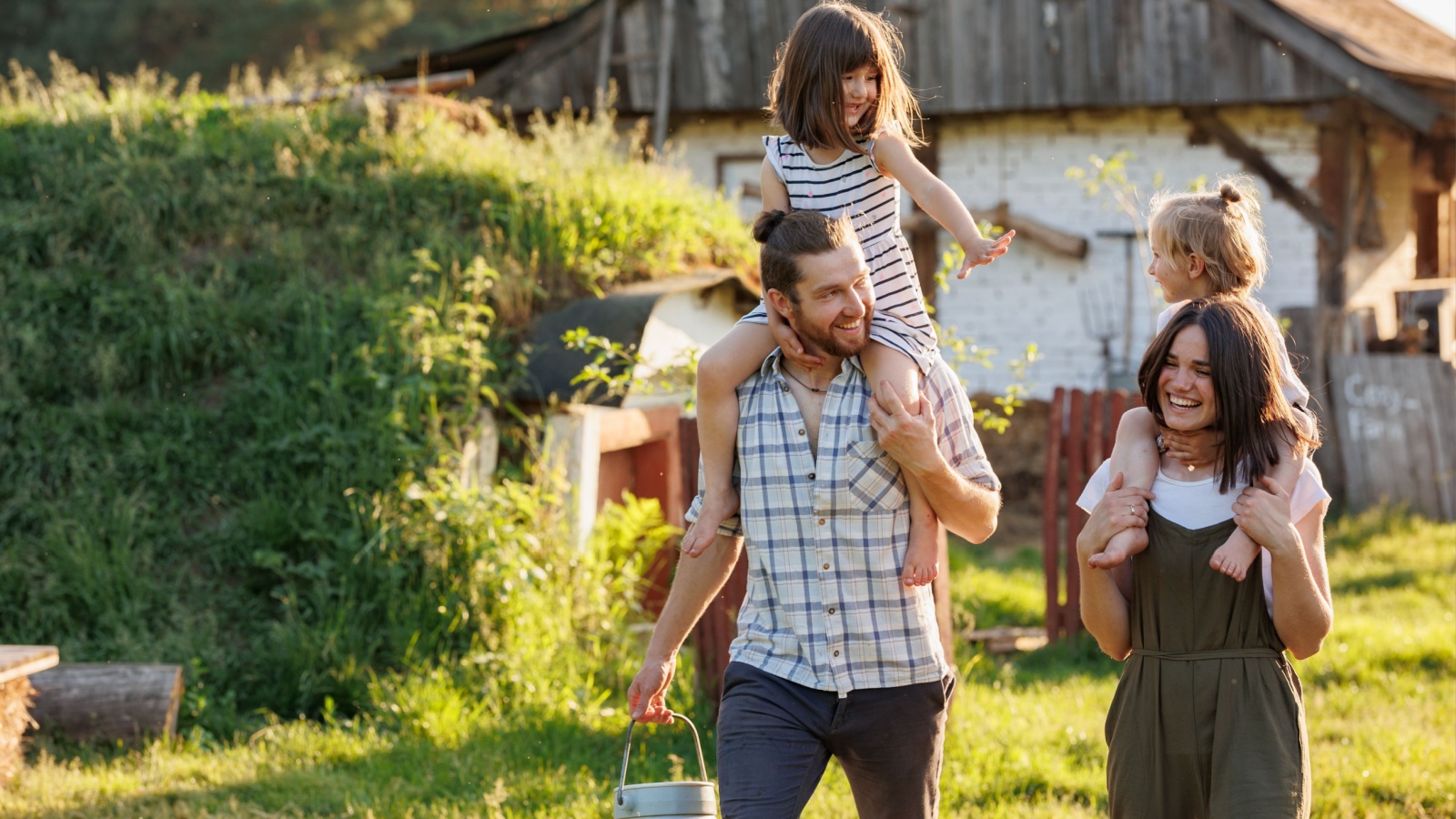
The great Canadian cottage weekend is a ritual rooted in nature, unplugging, and reconnecting, with family, with yourself, and with the wilderness. Whether it is a rustic log cabin in the woods or a lakeside retreat in Muskoka, this tradition symbolizes the Canadian belief in balancing hustle with rest. Globally, this getaway model is catching on, and countries are adapting the cottage weekend mindset, swapping urban chaos for simpler pleasures. The appeal lies in its authenticity, involving fishing off the dock, no screens, homemade meals, and morning swims, as Canada’s low-key luxury is fast becoming a global mental health must.
Remembrance Day Silence
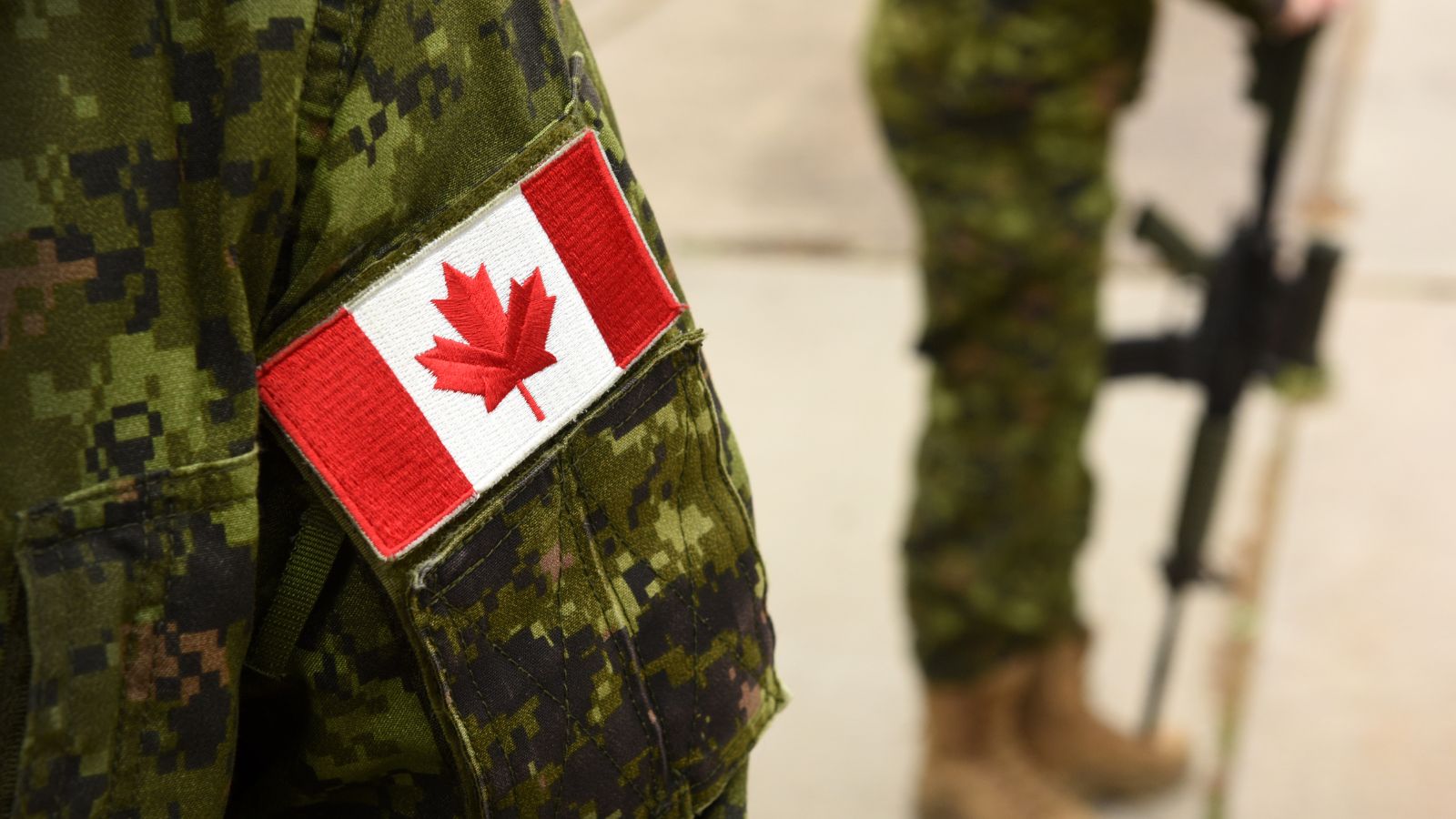
Every November 11th at 11:00 a.m., Canadians observe two minutes of silence to honor veterans and fallen soldiers. Unlike flashy displays of patriotism, this moment is solemn, still, and deeply respectful. The tradition’s quiet dignity is being noticed beyond Canada’s borders, inspiring similar acts of national reflection elsewhere. What makes it resonate is its inclusiveness, as everyone, regardless of political views or background, is united in silence. In an age of constant noise and division, Canada’s choice to pause, rather than shout, is offering a profound way forward for remembrance worldwide.
Toonie Toss Fundraisers
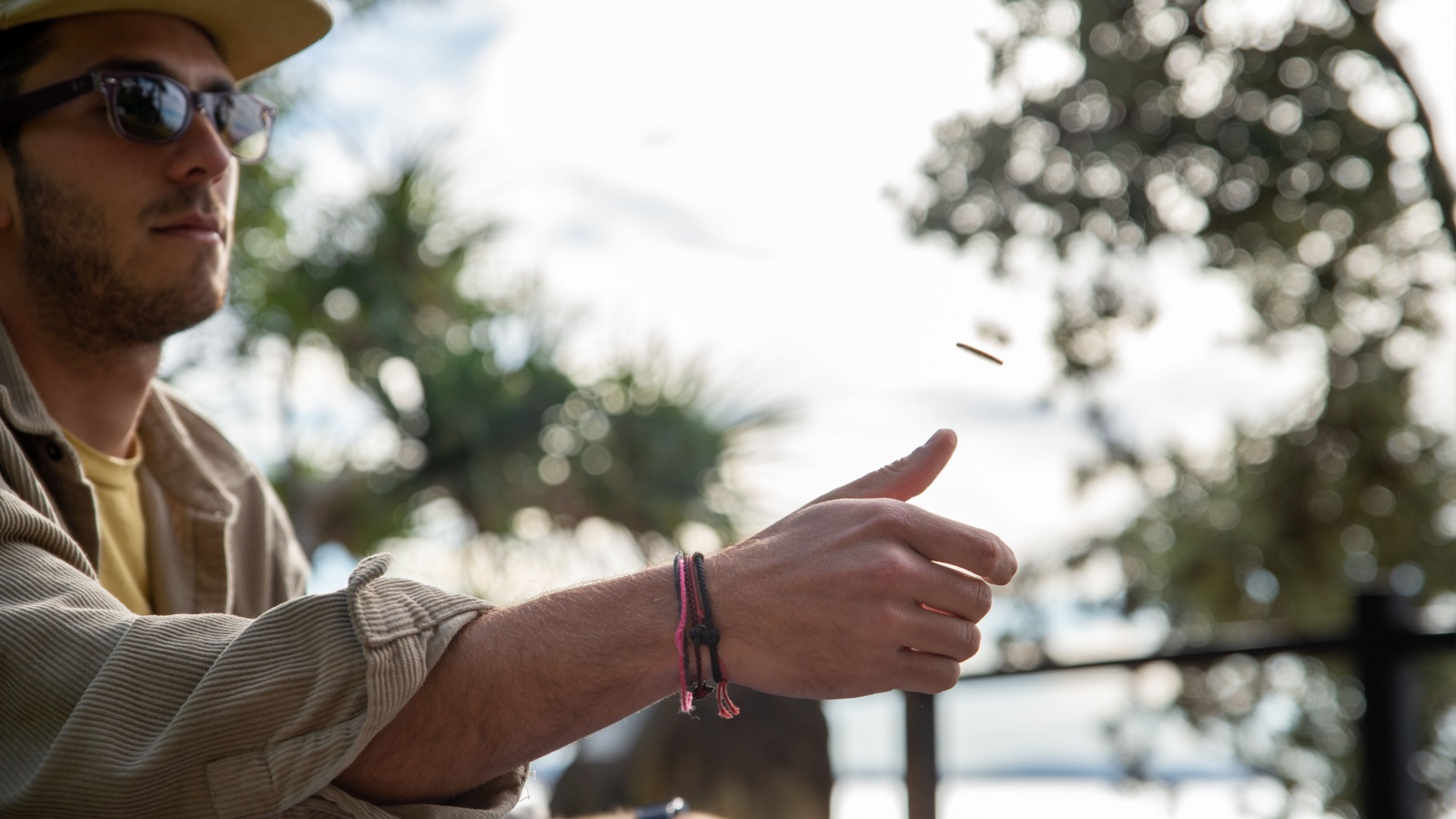
Invented as a fun, low-stakes way to raise money at Canadian events, the toonie toss, where participants aim coins at a bottle or prize, is now popping up at school fundraisers and festivals around the world. The genius lies in its simplicity and accessibility, as anyone can play, and proceeds go directly to good causes. It fosters lighthearted competition, laughter, and generosity. As international communities look for ways to build engagement without big budgets, this Canadian-born game is proving that you don’t need elaborate setups to make fundraising fun and effective.
Treaty Acknowledgements
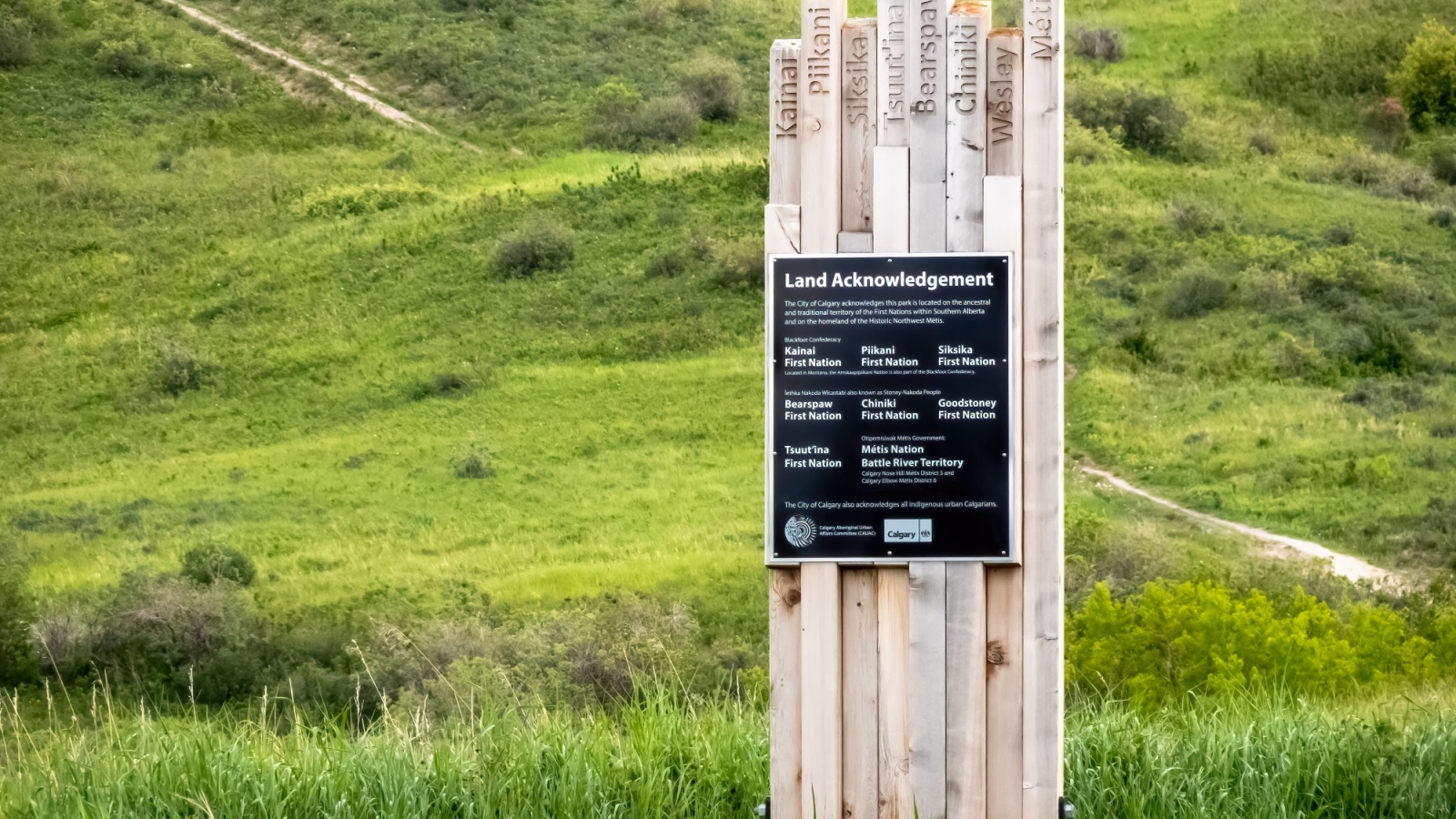
Canada’s growing movement toward beginning events, conferences, and public gatherings with Indigenous land acknowledgements is influencing global conversations around reconciliation. While rooted in Canada’s ongoing reckoning with colonialism, the practice has spread to educational and political spaces in countries like Australia, New Zealand, and the U.S. Done respectfully, it sets the tone for honesty, humility, and inclusion. Rather than being performative, Canada’s model encourages deeper reflection on history and responsibility, which the world is beginning to listen to and imitate.
Sugar Shacks and Maple Syrup Season
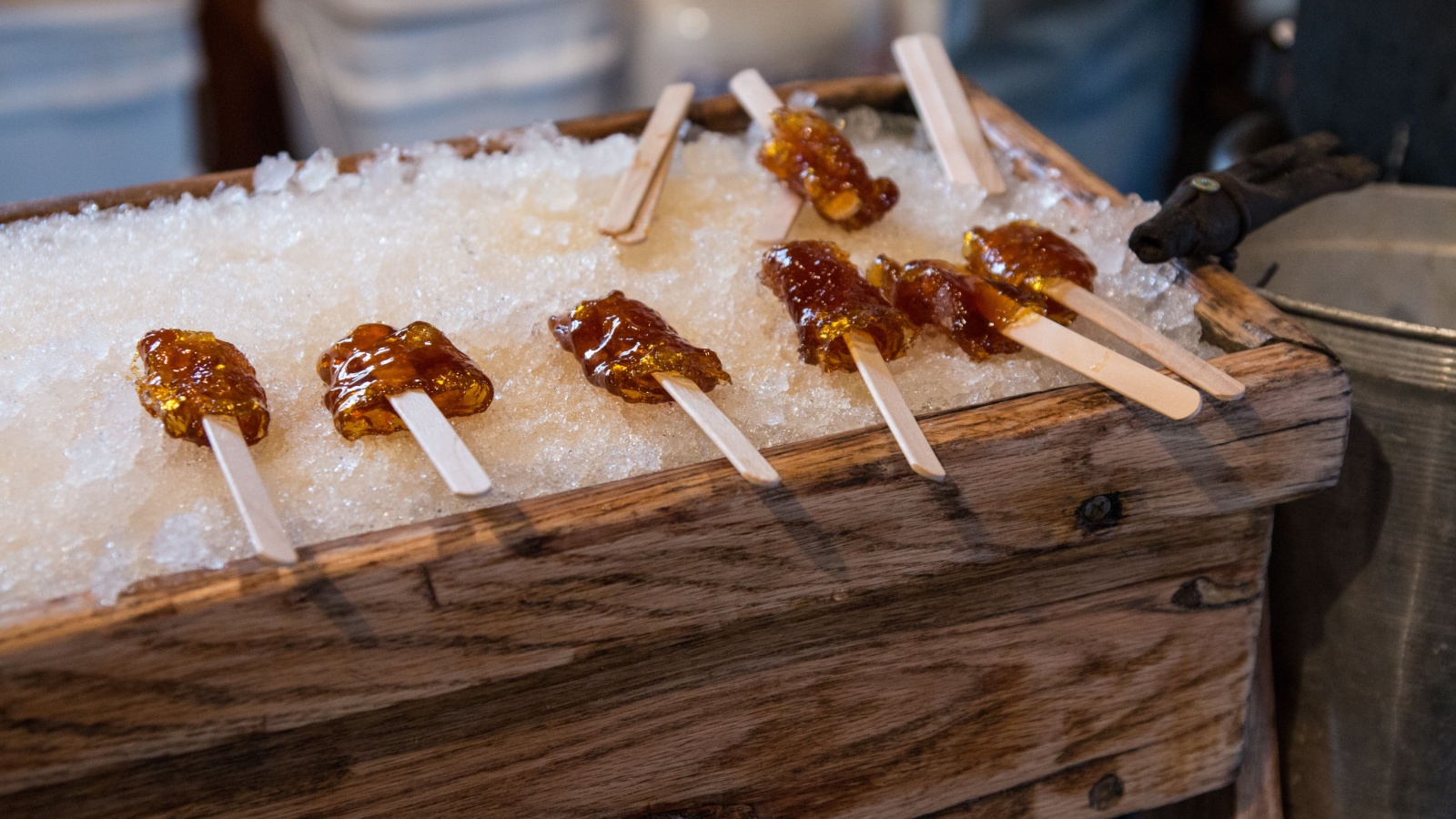
The late winter tradition of visiting a sugar shack, where maple sap is boiled into syrup over wood fires, has become a sweet rite of passage in places like Quebec and Ontario. What was once a hyperlocal experience is now drawing global culinary pilgrims curious about Canada’s most iconic export. The rustic charm, sleigh rides, and hearty feasts featuring syrup on everything have inspired similar festivals in the U.S., Japan, and even South Korea. The sugar shack isn’t just about syrup, but it is about savoring the end of winter together, and this experience is proving universally irresistible.
Orange Shirt Day
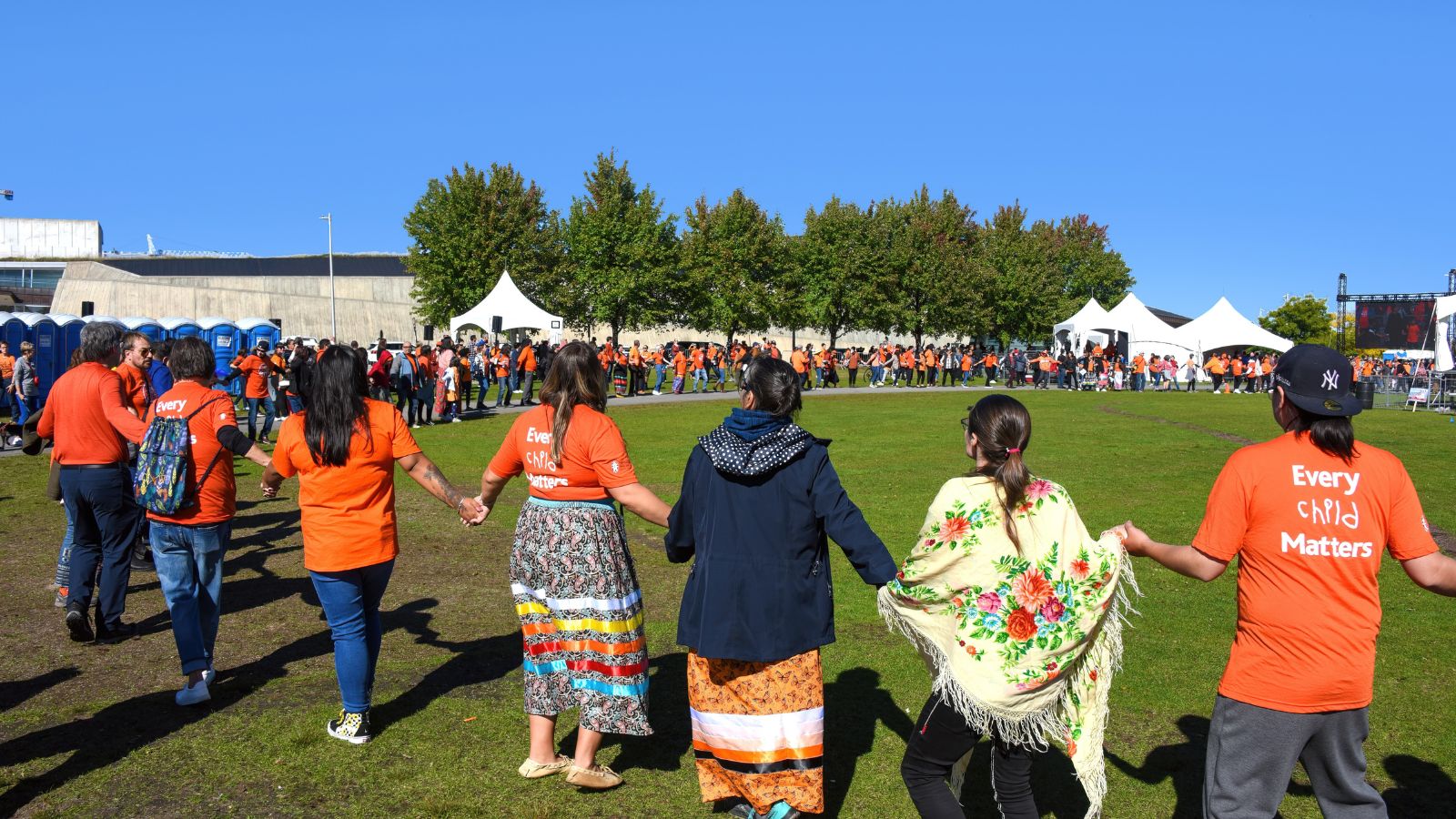
Every September 30th, Canadians wear orange shirts to honor the survivors of residential schools and to remember those who never came home. This growing national movement has sparked international awareness and inspired global solidarity around Indigenous education and justice. The tradition was born from one survivor’s story, Phyllis Webstad, and it has since grown into an annual act of remembrance and recommitment to reconciliation. Other countries are exploring similar symbolic days to recognize past injustices, taking cues from Canada’s grassroots approach.
Timbit Birthday Celebrations
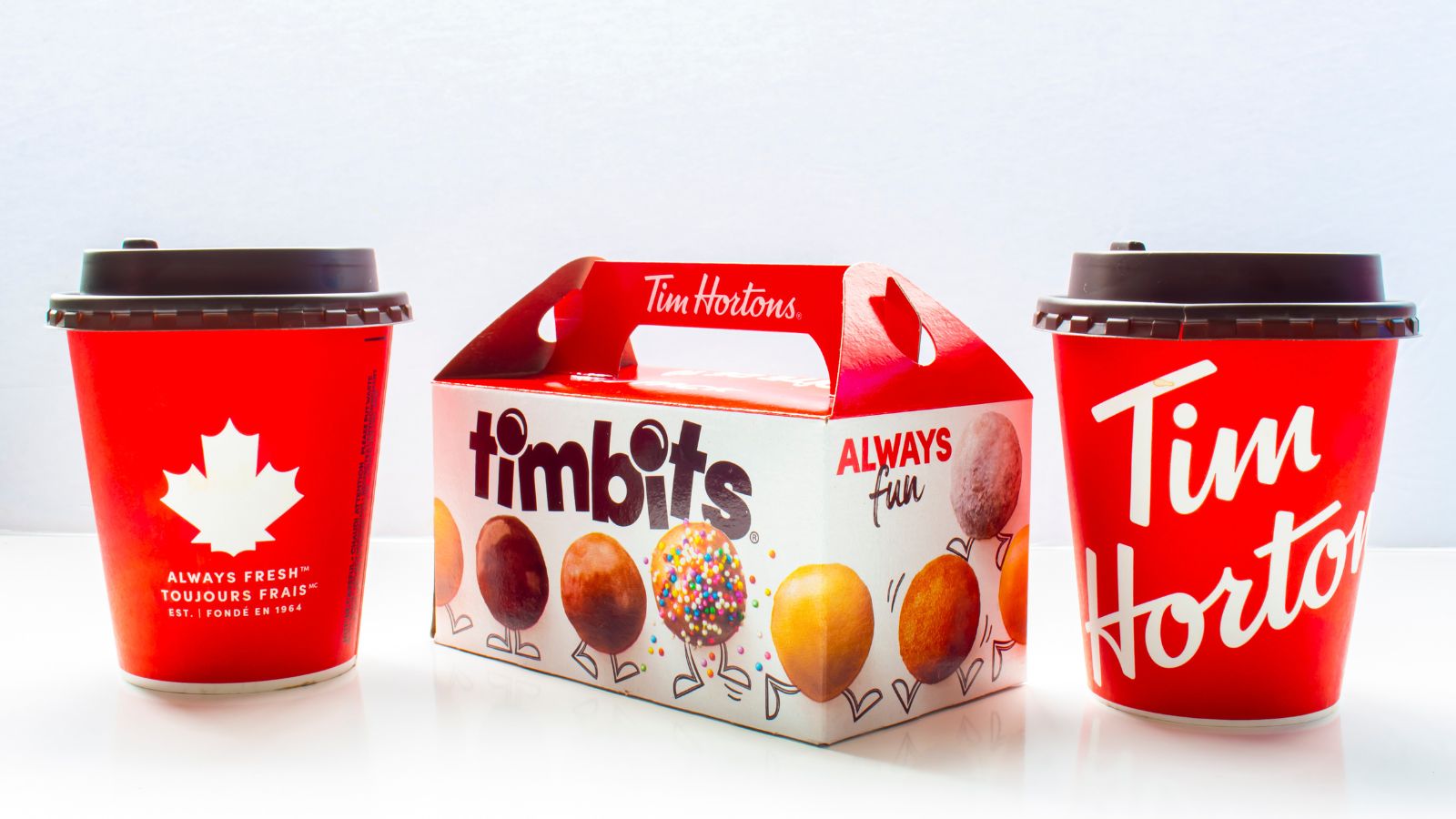
Tim Hortons’ iconic Timbits have become part of Canadian birthday lore, especially for children. Many school celebrations, sports team parties, or office birthdays involve a box of these beloved bite-sized treats in place of traditional cakes. The idea of convenient, shareable celebration food has taken off in other countries, where chain cafes are adapting the Timbits effect to their own brands. The Canadian tradition of keeping things casual, sweet, and accessible is influencing how birthdays are marked in schools and workplaces globally.
21 Products Canadians Should Stockpile Before Tariffs Hit

If trade tensions escalate between Canada and the U.S., everyday essentials can suddenly disappear or skyrocket in price. Products like pantry basics and tech must-haves that depend on are deeply tied to cross-border supply chains and are likely to face various kinds of disruptions
21 Products Canadians Should Stockpile Before Tariffs Hit
